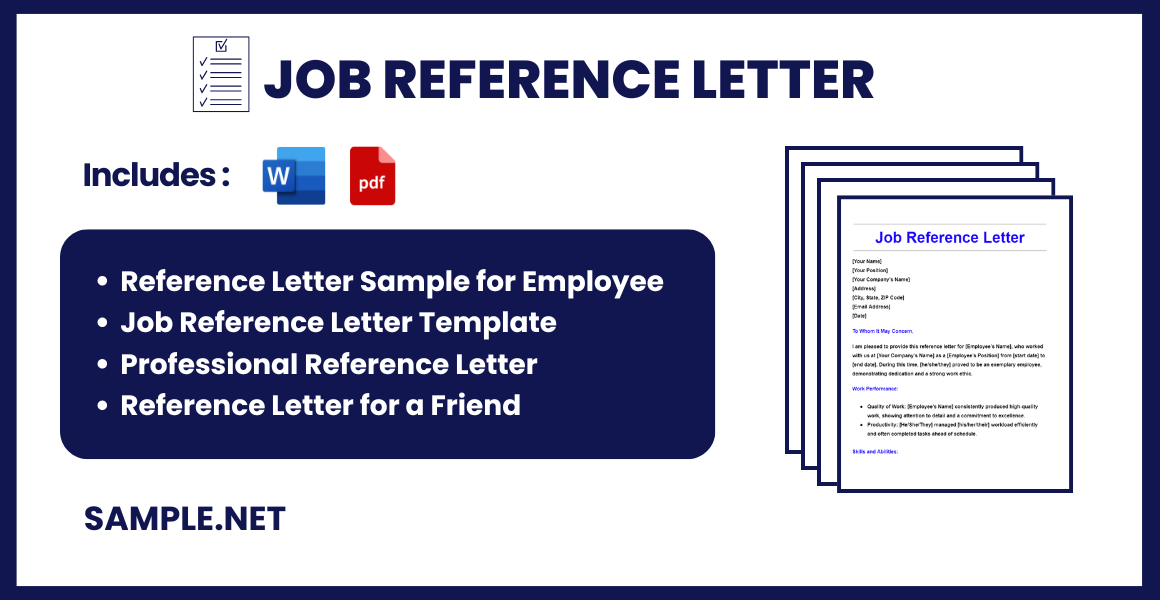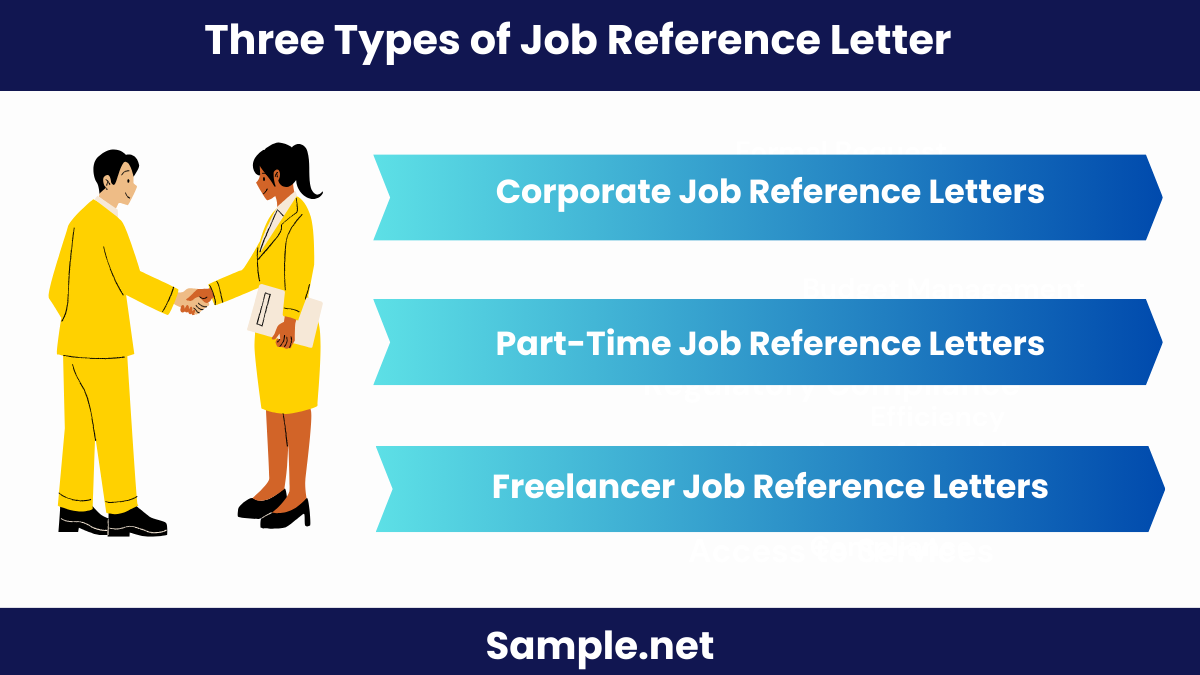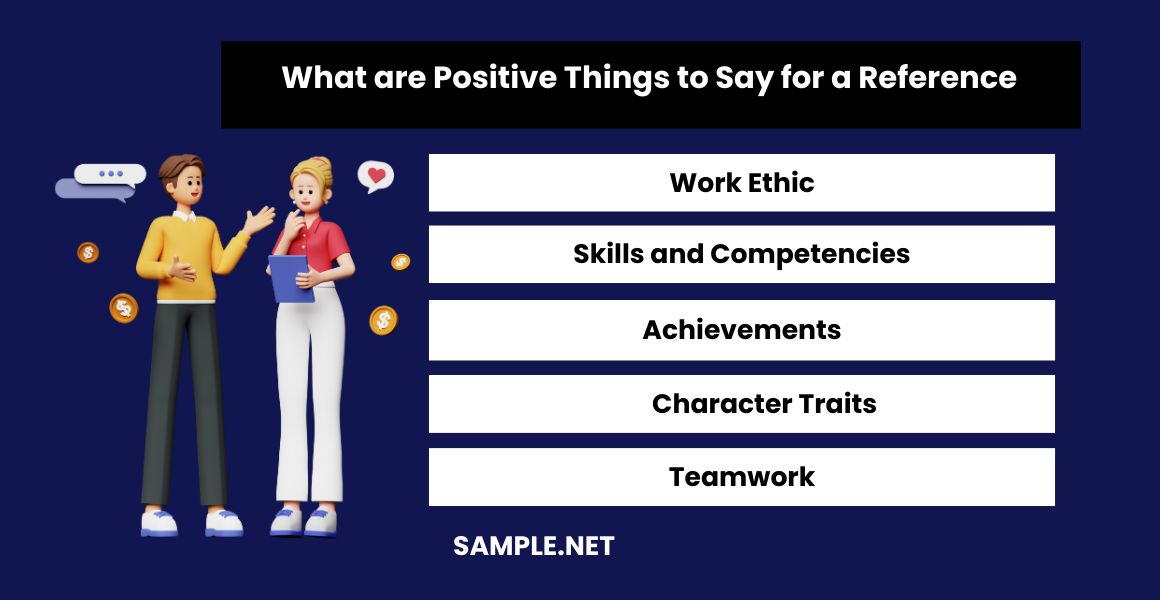Job Reference Letter Samples
-
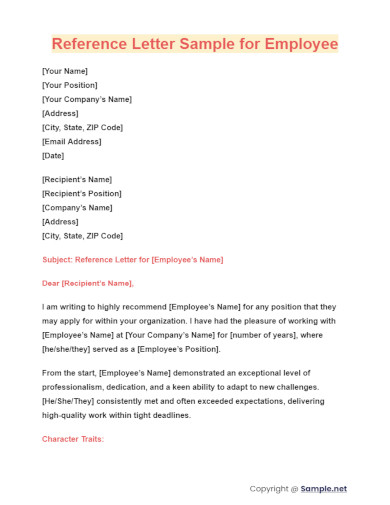
Reference Letter Sample for Employee
download now -
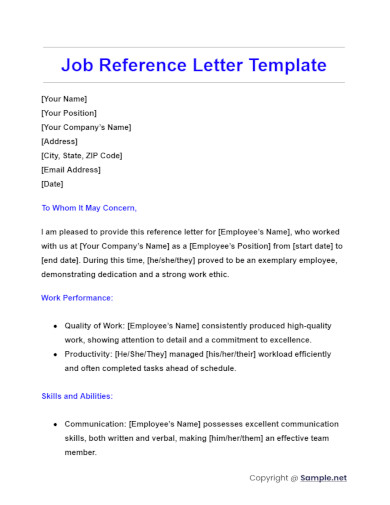
Job Reference Letter Template
download now -
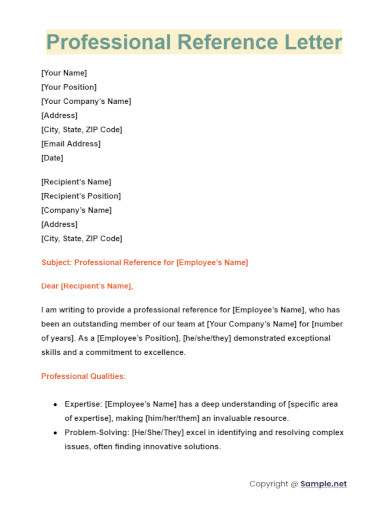
Professional Reference Letter
download now -
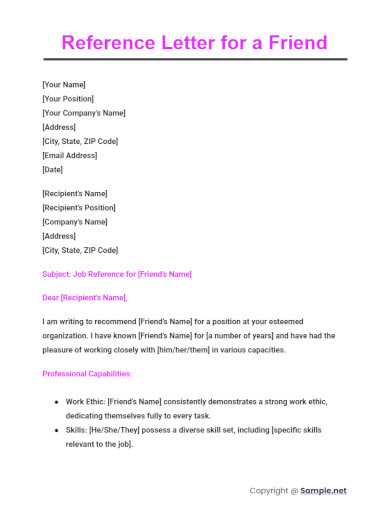
Reference Letter for a Friend
download now -

Job Reference Letter Template
download now -
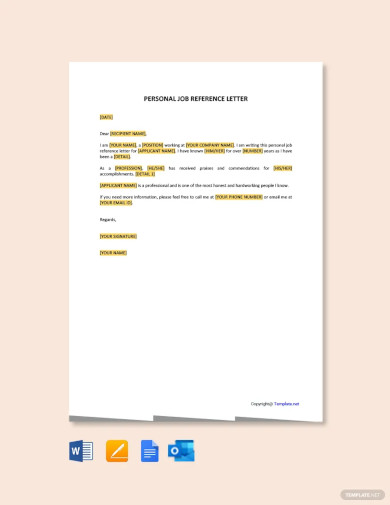
Personal Job Reference Letter Template
download now -
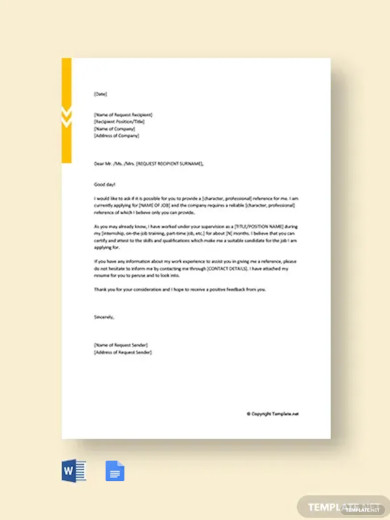
Request For Job Reference Letter Template
download now -
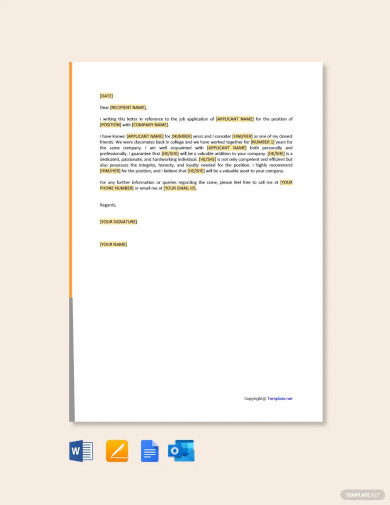
Job Reference Letter for a Friend Template
download now -
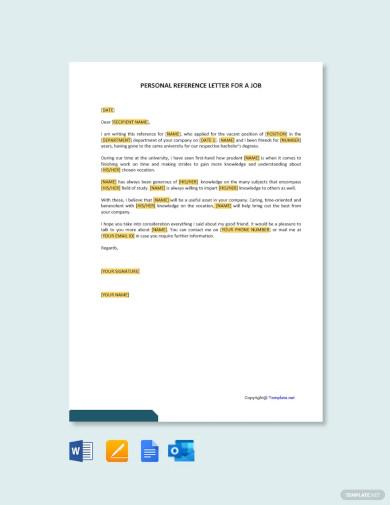
Free Personal Reference Letter For a Job Template
download now -
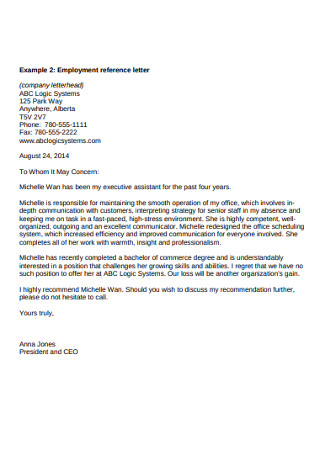
Employment Job Reference Letter
download now -

Job Reference Letter Template
download now -
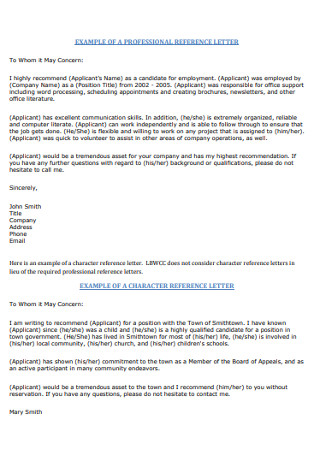
Professional Job Reference Letter
download now -
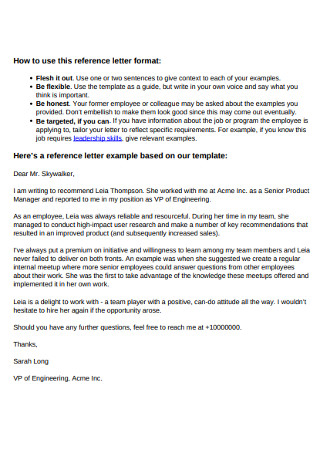
Employee Reference Letter
download now -
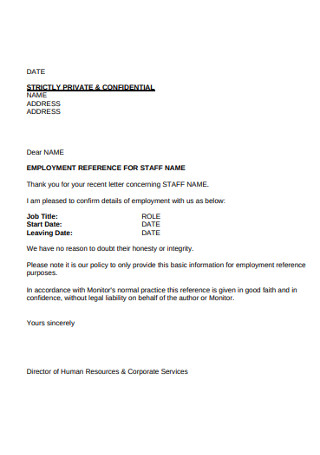
Employee Reference Policy Letter
download now -
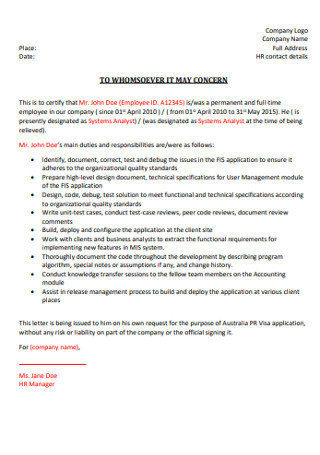
Company Employee Reference Letter
download now -
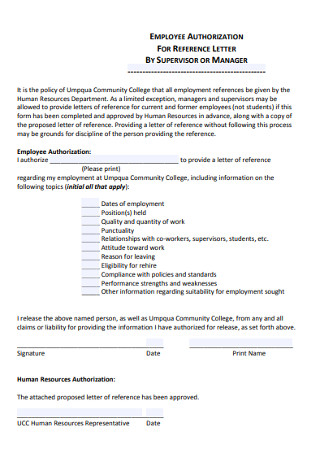
Employee Authorization Reference Letter
download now -
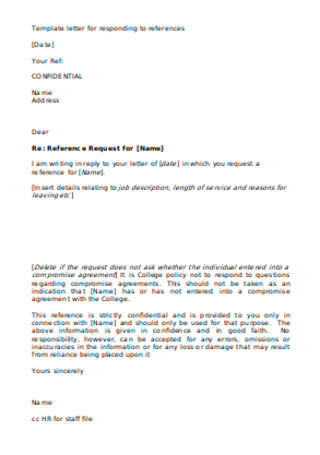
Personal Reference Letter
download now -
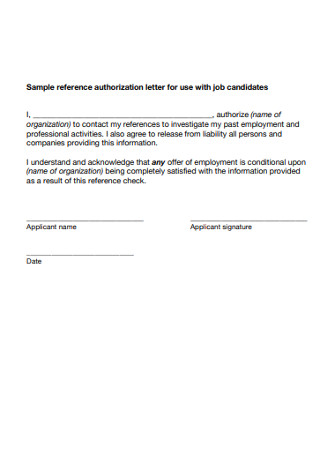
Sample Job Candidates Reference Authorisation Letter
download now -
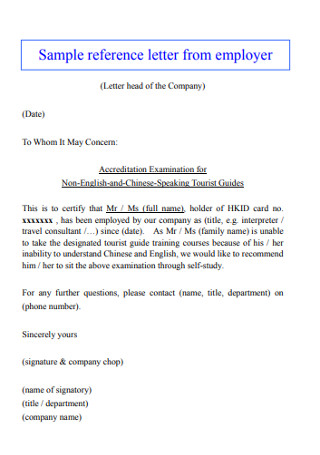
Sample Reference Letter From Employer
download now -
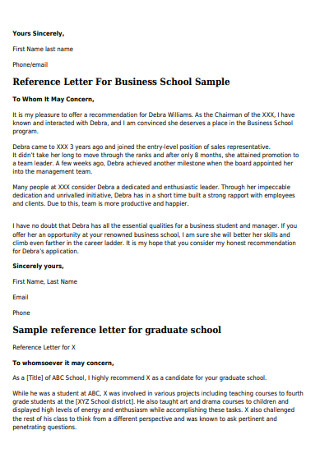
Sample Reference Letter For Business School
download now -
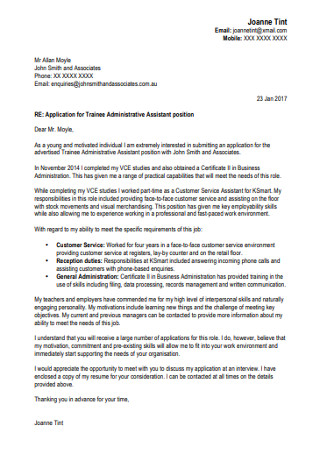
Administrative Assistant Job Reference Letter
download now -
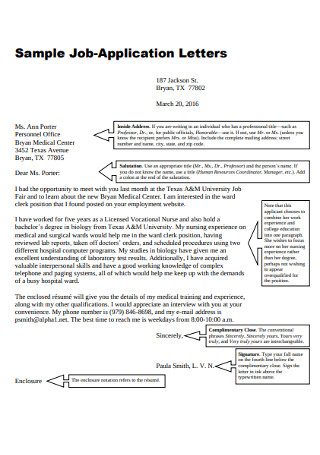
Sample Job-Application Reference Letters
download now -
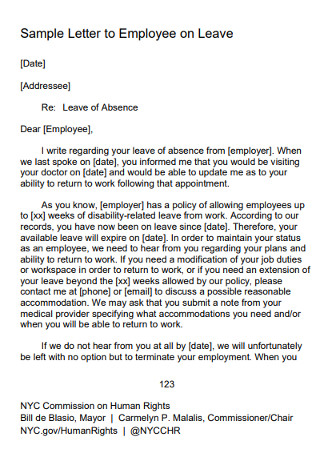
Sample Letter to Employee on Leave
download now -
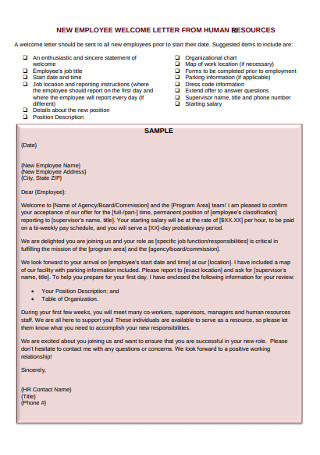
HR Job Reference Letter
download now -
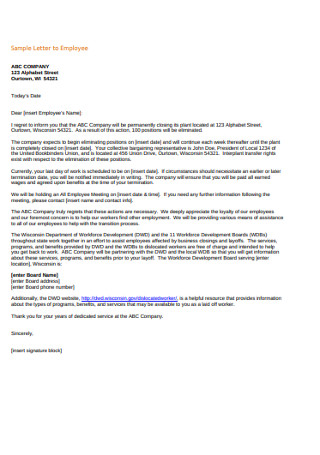
Sample Letter to Company Employee
download now -
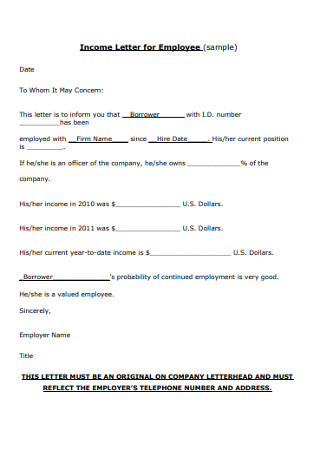
Sample Income Letter for Employee
download now -
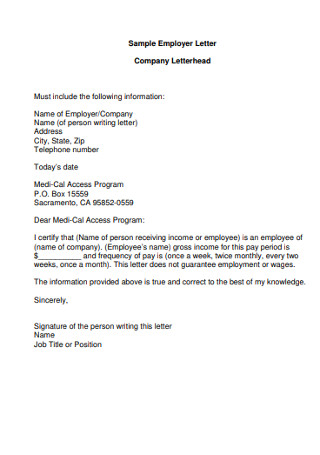
Sample Company Employer Letterhead
download now -
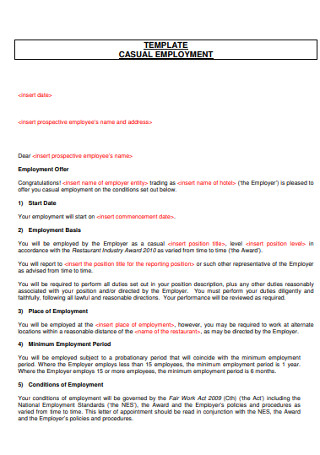
Restaurant Employee Reference Letter
download now -
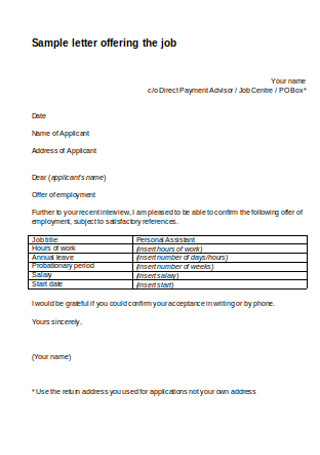
Sample Job Offering Reference Letter
download now -
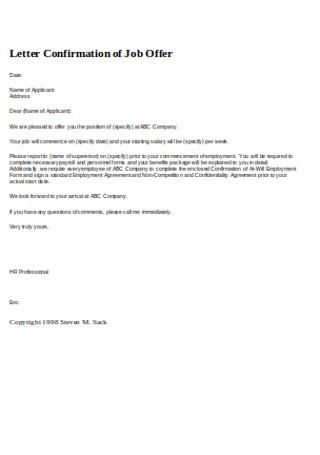
Job Conformation Reference Letter
download now
FREE Job Reference Letter s to Download
Job Reference Letter Format
Job Reference Letter Samples
What Is a Job Reference Letter?
Why Are Job Reference Letters Important?
The Standard Job Reference Letter Inclusions
What Are the Three Types of Job Reference Letters?
How to Create an Exemplary Job Reference Letter
What is the standard format for job reference letters?
How to write a reference letter for a job?
What is a work reference letter?
What not to say as a job reference?
What are positive things to say about someone for a reference?
What are 3 reference letters?
What should not be included in a reference letter?
How to write a simple reference letter?
How long should a reference letter be?
How do you write a strong reference letter?
How should a professional reference letter look?
Can you use a friend as a job reference?
Do employers care about reference letters?
Can you lose a job offer because of a bad reference?
Who should you not list as a reference?
Download Job Reference Letter bundle
Job Reference Letter Format
[Your Name]
[Your Position]
[Your Company’s Name]
[Address]
[City, State, ZIP Code]
[Email Address]
[Date]
[Recipient’s Name]
[Recipient’s Position]
[Company’s Name]
[Address]
[City, State, ZIP Code]
Subject: Job Reference for [Candidate’s Name]
Dear [Recipient’s Name],
- Introduction:
- State your position and relationship with the candidate.
- Mention the duration of your acquaintance with the candidate.
- Candidate’s Qualifications:
- Highlight the candidate’s skills and qualifications.
- Provide examples of their work performance and achievements.
- Character and Work Ethic:
- Describe the candidate’s character traits and work ethic.
- Mention any notable contributions to the organization.
- Recommendation:
- Clearly state your recommendation for the candidate.
- Mention the specific position or role they are suited for.
- Conclusion:
- Offer to provide further information if needed.
- Provide your contact details for follow-up.
Sincerely,
[Your Name]
[Your Position]
What Is a Job Reference Letter?
A job reference letter is a formal document that provides an evaluation of an individual’s skills, work performance, and character. It is usually written by a previous employer, supervisor, or colleague to support the candidate’s job application. The letter highlights the candidate’s qualifications, achievements, and suitability for the position they are applying for. This document plays a crucial role in the hiring process, offering insights into the candidate’s professional background and personal attributes.
Based on a survey, 92% of employers observe background checks, particularly in the interim of pre-employment.
Why Are Job Reference Letters Important?
You already know what a job reference letter is but why exactly is it necessary? The truth is there are various reasons as to why these letters are essential. And every reason leads you to why you should make it in the first place. So without further ado, here are the reasons as to how important job reference letters are:
The Value of Impression
As the writer of the job reference letter writes her/his/their impressions and observations about the person being endorsed, it brings a clear depiction as to how valuable impressions are. That means you should really be careful with your letter’s content while writing because you never know if what you said could have brought something good or bad about a person. Nonetheless, impressions should be objective as biased opinions will ruin the purpose of a job reference letter.
Focused Interest
What makes a job reference letter appealing is how an employer can easily put her/his/their interest in the one being endorsed rather than just basing on a job letter of application with no reference. That explains why those with job reference letters have more advantage because someone of authority is pitching them to an employer. Also, many organizations have different ties to other businesses so the letter is one way to display how good relationships play in the corporate world.
Quick Background Check
A job reference letter is also a great alternative to job evaluations. Bear in mind that during pre-employment, employers conduct background checks. In fact, The Balance Careers reported that 92% of employers handle background checks in pre-employment. So it is a reliable document to use for assessing a job applicant too. And if the employer wholly trusts the writer of the reference letter, then saying yes to hiring that endorsed individual has a big chance to happen.
Credible Data
Remember that job reference letters are mostly written by managers, supervisors, professors, clients, and other reliable professionals. Hence, the details they add to this business letter are credible. Thus, it is truly an honor when someone asks you to write a job reference letter for them because that means you are someone important in the industry; your opinion matters.
Detailed Content
A job reference letter can also be a detailed letter because it can discuss more content besides what is already mentioned in an applicant’s resume and application letter. Job reference letters are a good opportunity to incorporate other significant factors worth noting about a candidate that an employer knows nothing about yet. However, relevant matters are the only information to discuss since flowery words and irrelevant content won’t make the letter any better.
The Standard Job Reference Letter Inclusions
Now that you have the refresher of the job reference letter’s importance, it is time to understand how a basic job reference letter should read. Generally, these letters follow the following format:
What Are the Three Types of Job Reference Letters?
It is known that job reference letters come in various forms. And the nuances fall under what type of employment the applicant wants. In this segment, you will be introduced to the three types of job reference letters.
Corporate Job Reference Letters
Like a professional letter of recommendation, a corporate job reference letter is applicable when the job applicant is aiming for a full-time job position at a company. Since full-time is a serious commitment, you should state specific reasons for how qualified the recommended person is. And those details should solidify the bid of how your candidate deserves regular employment.
Part-Time Job Reference Letters
If the applicant is vying for a part-time job, then the part-time job reference letter is relevant. This greatly applies to most students in need of a job for school resources and fees. And it would be wise for the writer of the job reference letter to state the student’s outstanding performance recognition letter or academic achievements in school so that she/he/they will be accepted. Also, focus on how committed the person is because even though the job is part-time, employers want people who can still focus on the job.
Freelancer Job Reference Letters
On another note, job references concerning freelance contracts should opt for a freelancer job reference letter. While it is known that the freelancing market gets more competitive, then help your candidate close a freelancing deal. And ensure to state details about the candidate that aligns with the freelance project needs.
How to Create an Exemplary Job Reference Letter
Making a stellar job reference letter gets simple when you have the knowledge of what to say and present to your target. And it even gets easier when you follow these five essential steps to perfect a job reference letter:
Step 1: Optimize a Sample Job Reference Letter Template
The easiest and most convenient way for you to come up with job reference letters is to use premade samples, as seen on the list of templates above this article. Explore each sample template first until you carefully select your preferred job reference letter template to optimize. You can even alter each sample’s format and data so it becomes more personalized. The best part is you won’t need to work on the letter from the very beginning since a lot of elements are already given. Also, check out more editable job templates including job application forms and job plans.
Step 2: Observe the Formal Letter Format
Be sure to familiarize the formal letter format as that will be your basis on how to write the job reference letter too. By being formal, that means you write professionally. In fact, you balance professional and personal writing because even though you get technical in discussing the recommended person’s background and qualities, you also get personal about your actual experiences with the person. Be respectful with your words and that you stay truthful no matter what.
Step 3: Insert the Job Reference Letter Inclusions
Part of what completes a formal job reference letter includes the seven elements or job reference letter inclusions, as previously tackled. From the writer’s details down to the signature block, check if you have every inclusion covered. Imagine missing the introduction, salutation, and other important components of the letter. It will automatically make your work a total failure. And worse, your reputation will also be affected by your dismal output. Hence, come up with a daily checklist to ensure you have added those inclusions and even more elements that you think are relevant.
Step 4: Discuss the Deliverables and Outstanding Potential of the Candidate
Your main focus is to endorse a candidate who has the best potential to work for an employer. Hence, be wary of your details in discussing that person’s credentials and skills. You can enumerate such talents, skills, and abilities but with proper transitions so that it will bring a smooth flow to your letter’s discussion. But, ensure that the most valuable details are mentioned first as those aspects will automatically make the recipient say yes to the request.
Step 5: Write on a Positive Note
Bring positive vibes in writing the whole job reference letter. As much as possible, prevent being too braggy about your candidate and don’t use condescending words that can offend the recipient. Thus, getting to know the employer is a wise approach as that helps you learn what needs to be said and not said in the document. Besides the candidate’s outstanding technical skills, you can also mention their good moral character and behavior plan.
Step 6: Make It Short and Simple
As much as possible, check the length of your letter and how direct to the point your message is. Recruiters and managers don’t always have time to read lengthy letters so it is better to be straightforward and write everything shortly. Also, mind the quality of your job reference letter’s content because even your own reputation, as the writer, is on the line. And only submit your letter to the recipient when you are fully confident that everything is verified, fact-checked, and edited thoroughly.
What is the standard format for job reference letters?
Job reference letters are formatted as most business letters such as having one to two paragraphs, observing one page only, inputting straightforward content, following 1″ margin for all four sides, aligning text to the left, single-spacing, bringing 10 to 12 font sizes, and following conventional font styles such as TNR, Calibri, and Arial.
How to write a reference letter for a job?
Writing a job reference letter involves highlighting the candidate’s strengths, achievements, and suitability for the position. Follow these steps:
- Start with a Professional Greeting
- Address the Recipient: Use the recipient’s name and title.
- Formal Salutation: Begin with “Dear [Recipient’s Name].”
- Introduce Yourself and Your Relationship
- State Your Position: Mention your job title and company.
- Describe Relationship: Explain how you know the candidate and for how long.
- Highlight the Candidate’s Qualifications
- Key Skills: Discuss the candidate’s relevant skills and competencies.
- Achievements: Provide examples of notable accomplishments.
- Discuss the Candidate’s Character
- Personal Traits: Highlight positive personal qualities.
- Work Ethic: Describe the candidate’s reliability and dedication.
- End with a Strong Recommendation
- Express Confidence: State your confidence in the candidate’s abilities.
- Offer Contact Information: Provide your contact details for further inquiries.
Use this guide to craft a compelling Job Transition Plan that effectively showcases the candidate’s qualifications.
What is a work reference letter?
A work reference letter is a formal document that evaluates an employee’s performance, skills, and character. It typically includes:
- Introduction
- Author’s Information: Name, job title, and company.
- Relationship: Explanation of how the author knows the employee.
- Employee’s Job Performance
- Duties and Responsibilities: Overview of the employee’s role.
- Achievements: Specific accomplishments and contributions.
- Skills and Competencies
- Technical Skills: Relevant job-specific skills.
- Soft Skills: Communication, teamwork, and problem-solving abilities.
- Character Assessment
- Work Ethic: Reliability, punctuality, and dedication.
- Personal Traits: Integrity, adaptability, and cooperation.
- Conclusion
- Recommendation: Statement of support for the employee.
- Contact Information: Author’s contact details for further information.
A work reference letter is crucial for supporting a candidate’s Job Analysis Report by providing an external validation of their abilities.
What not to say as a job reference?
When providing a job reference, it’s important to avoid certain pitfalls. Here’s what not to say:
- Negative Comments
- Criticisms: Avoid mentioning the candidate’s weaknesses.
- Disparaging Remarks: Stay away from any negative or harmful comments.
- Confidential Information
- Private Details: Do not share personal or confidential information about the candidate.
- Company Secrets: Avoid disclosing proprietary information.
- Inaccurate Information
- False Statements: Ensure all information is truthful and accurate.
- Exaggerations: Do not overstate the candidate’s qualifications or achievements.
- Ambiguous Statements
- Vague Praise: Avoid using non-specific, generic compliments.
- Unclear Feedback: Be precise and clear in your assessments.
- Legal Issues
- Discriminatory Language: Do not use language that could be seen as discriminatory.
- Liability Concerns: Ensure your comments do not expose you or your company to legal risks.
Avoiding these pitfalls ensures your reference is professional and reliable, much like a Professional Reference Letter.
What are positive things to say about someone for a reference?
When writing a job reference, focus on positive aspects of the candidate. Here are key points to include:
- Work Ethic
- Dependability: Highlight their reliability and punctuality.
- Dedication: Emphasize their commitment to their work.
- Skills and Competencies
- Technical Skills: Mention relevant technical skills.
- Soft Skills: Include communication, teamwork, and problem-solving abilities.
- Achievements
- Contributions: Describe significant contributions to projects or goals.
- Awards: Mention any awards or recognitions received.
- Character Traits
- Integrity: Emphasize their honesty and ethical behavior.
- Adaptability: Highlight their ability to adapt to changing circumstances.
- Teamwork
- Collaboration: Discuss their ability to work well with others.
- Leadership: Mention any leadership roles or qualities.
These positive points help create a strong Job Letter of Recommendation.
What are 3 reference letters?
There are several types of reference letters, each serving a unique purpose. Here are three common types:
- Professional Reference Letter
- Work Performance: Focuses on the candidate’s job performance and skills.
- Work Relationship: Written by a supervisor or colleague.
- Character Reference Letter
- Personal Traits: Highlights the candidate’s personal qualities and ethics.
- Personal Relationship: Often written by a friend, mentor, or community leader.
- Academic Reference Letter
- Academic Achievements: Details the candidate’s academic performance and potential.
- Educational Relationship: Written by a teacher, professor, or academic advisor.
These letters support different aspects of a candidate’s application, enhancing their Job Report.
What should not be included in a reference letter?
To ensure a professional and effective reference letter, avoid including the following:
- Negative Information
- Criticisms: Avoid mentioning any negative aspects of the candidate.
- Weaknesses: Do not highlight the candidate’s shortcomings.
- Confidential Information
- Private Details: Refrain from sharing personal or sensitive information.
- Company Information: Do not disclose proprietary or confidential company details.
- Irrelevant Information
- Unrelated Skills: Focus only on relevant skills and experiences.
- Personal Opinions: Keep the letter factual and professional.
- Inaccuracies
- False Claims: Ensure all information is truthful and accurate.
- Exaggerations: Avoid overstating the candidate’s qualifications.
- Discriminatory Language
- Biased Remarks: Do not use language that could be seen as discriminatory.
- Stereotypes: Avoid any form of stereotyping.
Following these guidelines ensures your reference letter is professional, similar to a Standard Job Resignation Letter.
How to write a simple reference letter?
Writing a simple reference letter involves highlighting key strengths and qualifications concisely. Follow these steps:
- Start with a Polite Greeting
- Address the Recipient: Use the recipient’s name if known.
- Formal Salutation: Begin with “Dear [Recipient’s Name].”
- Introduce Yourself and the Candidate
- Your Information: Include your name, job title, and company.
- Relationship: Explain how you know the candidate.
- Highlight Key Qualifications
- Relevant Skills: Mention the candidate’s key skills and competencies.
- Achievements: Provide brief examples of accomplishments.
- Discuss Character Traits
- Work Ethic: Describe the candidate’s reliability and dedication.
- Personal Qualities: Highlight positive personal traits.
- Conclude with a Recommendation
- Express Confidence: State your confidence in the candidate’s abilities.
- Provide Contact Information: Offer your contact details for further inquiries.
This approach ensures a clear, concise, and effective reference letter, similar to a Letter of Job Termination.
How long should a reference letter be?
A reference letter should be one page long, concise, and focused, providing relevant information about the candidate’s qualifications and character. Avoid lengthy details, similar to a Job Contract Proposal.
How do you write a strong reference letter?
A strong reference letter highlights the candidate’s skills, achievements, and character. Include specific examples and maintain a professional tone, similar to preparing a Job Bid Proposal.
How should a professional reference letter look?
A professional reference letter should be formatted formally, with clear headings, concise paragraphs, and a respectful tone. It should look as polished as a Freelance Job Proposal.
Can you use a friend as a job reference?
While it’s possible to use a friend as a job reference, it’s best to use professional connections. Employers prefer references from colleagues, supervisors, or clients, rather than friends from your Job Lists.
Do employers care about reference letters?
Yes, employers value reference letters as they provide insight into a candidate’s abilities and character. They are often considered during the Job Interview Assessment process.
Can you lose a job offer because of a bad reference?
Yes, a bad reference can lead to losing a job offer. Negative feedback can raise concerns about your suitability for the role, similar to receiving the Best Job Termination Letter.
Who should you not list as a reference?
Avoid listing individuals who had negative experiences with you, such as former employers involved in a Job Contract dispute. Choose references who can positively speak about your skills and character.
A well-crafted job reference letter can significantly enhance a candidate’s job prospects. This guide has provided detailed instructions, examples, and templates to help you write effective reference letters. Whether you’re writing a Character Reference Letter or a professional endorsement, following these guidelines ensures that your letter is impactful and persuasive. Use the provided Sample, Forms, Letters, Use templates to create customized reference letters that highlight the candidate’s strengths and qualifications. With a thoughtful and well-structured reference letter, you can make a positive difference in someone’s career journey.

